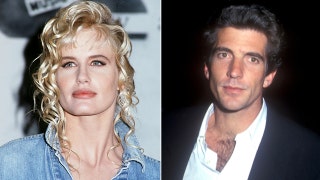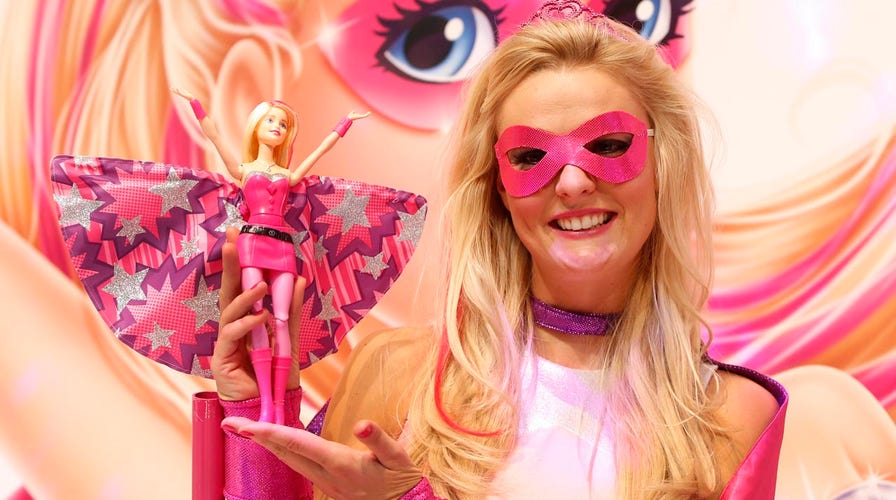Human Barbies multiplying!
Four4Four: Panel talks what's behind disturbing trend, plus Kanye in free fall?
Social media seems to be fueling the trend of real life adult women aspiring to be Barbie Doll lookalikes. At least seven women are now social media celebrities by living out the so-called "Huma Barbie" fantasy.
Valeria Lukyanova, Lolita Richi, Sarah Burge, Hannah Gregory, Pixee Fox, Jenny Lee and an anonymous Russian-based “Barbie” have garnered thousands of followers on social media platforms like Instagram, but plastic surgeons and body image specialists say this fascination could be a severe mental disorder in disguise.
Samantha DeCaro, Assistant Clinical Director at The Renfrew Center of Philadelphia, a residential facility for eating disorders, told FOX411 that "an individual who obsessively focuses on perceived flaws in their appearance could be suffering from Body Dysmorphic Disorder (BDD). When a person has BDD, they will compulsively engage in various strategies to conceal or change their perceived imperfections. Excessive amounts of cosmetic surgery could be one of those maladaptive strategies to manage these obsessive thoughts and the distress they feel about their body.”
Dr. Jaime S. Schwartz a Board Certified Plastic Surgeon and medical director at the Beverly Hills Body Institute, says its relatively common to see BDD in the plastic surgery practice.
“This is a type of chronic condition that is generally characterized by frequent examination of one’s own real or perceived flaws, constant comparison of one’s self with others and often leading to a change in daily activities by avoidance of social situations based on negative thoughts about one’s appearance," Schwartz said. "People with this disorder are commonly described as never being satisfied, often pursuing extremes in diet and exercise and excessive cosmetic procedures with unrealistic expectations.”
Plastic surgeon Dr. James C. Marotta says he has noticed more requests to achieve “exaggerated features.”
“Requests for bigger lips, pulled eyes, doll-like appearances are on the rise,” he said, while noting “99 percent of my patients, though, are people with real problems and with realistic expectations and requests.”
Many experts we talked to placed the "Human Barbie" boom blame squarely on social media.
“It is possible that having a large audience on social media creates a false sense of acceptance and belonging," DeCaro said. "When someone mistakenly believes that looking like a human doll is the only effective way to get their human needs met , it’s easy to see how behaviors like this might get reinforced."
Dr. Marotta agreed, but added another culprit.
“Social media, selfies, photo-shopped magazine covers all contribute to a society with an increasingly unrealistic view of human beauty and the human form," he said. "Also, the increased desire to be famous at any cost is fueled by America’s love for reality TV.”















































